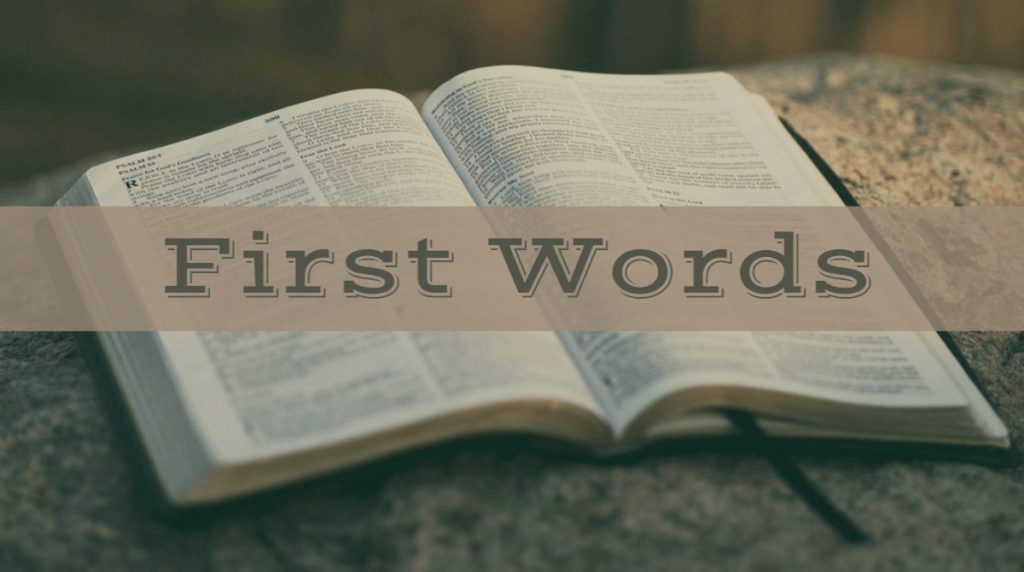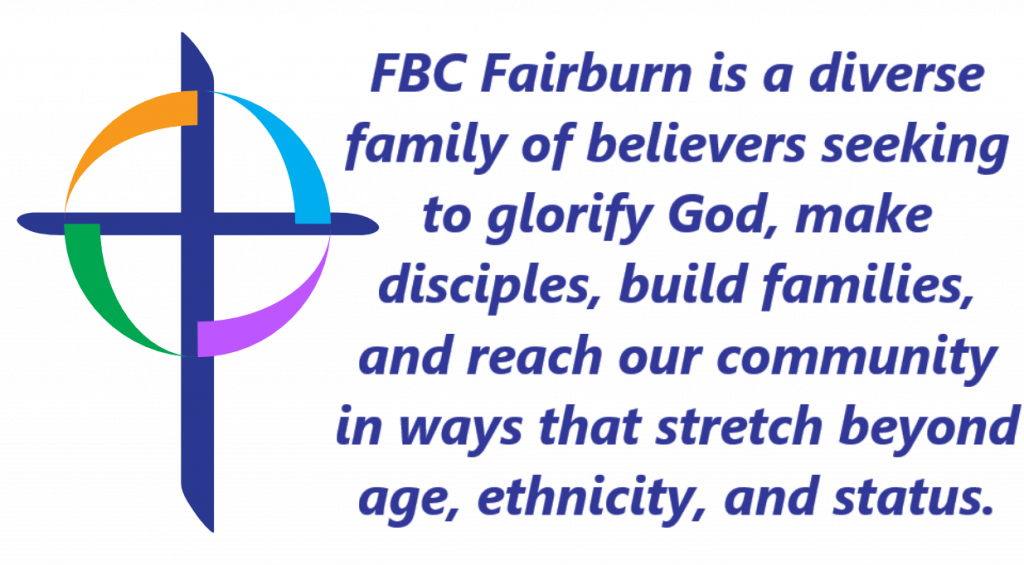
In 1959 the dynamic duo of Rodgers and Hammerstein produced another stunning stage show for Broadway. This musical was based on the writings of Maria Von Trapp and her family of singers in WWII Austria. The musical would be the last that Rodgers and Hammerstein would write together, before the death of Hammerstein in 1960. Many of you know the musical, aptly named The Sound of Music. In 1965, the musical was adapted to the film industry, starring Julie Andrews and Christopher Plummer.
One of the more memorable scenes of The Sound of Music features the song My Favorite Things. As Maria Von Trapp encourages her children to think of things that bring happiness and joy, she lists many things that we can find around the Christmas season. The song itself was not written to be a Christmas song[1], but between the November debut of the musical in 1959, Julie Andrews performance of the song on a Christmas spectacular in 1961, and the lines referencing snow, packages with bows, and sleighbells, it is no wonder that the piece has remained in the Christmas repertoire of so many radio stations.
One of the reasons that this composition of Rodgers and Hammerstein has secured a perennial position on the Christmas music queue is the way they have been able to tap into the nostalgia that drives emotional connection to events. But what Rodgers and Hammerstein were unable to accomplish in their piece was to provide something that would satisfy our hearts for all time.
The songs that we sing and the scenes of the season of Christmas bring such joy and happiness, but it is always temporary. The packages are unwrapped. The Christmas tree is taken down. The visit with family comes to an end. And, if we are lucky enough to have it, the snow melts.

That is why we look at the season surrounding the celebration of Jesus’ birth with an eye on the eternal, not the temporal. The songs that we embrace and sing together as followers of Christ reflect the Gift that God gave, not the one that comes with packages or bows. We sing songs that convey lasting joy. Songs like the one written by the dynamic duo of the hymn world, Isaac Watts and Lowell Mason called Joy to the World.[2] You know the words well:
Joy to the world; the Lord is come!
Let earth receive her King!
Let ev’ry heart prepare Him room,
And heaven and nature sing
The greatest sound of the season is the sound of heaven’s joy. This is what Isaac Watts conveys in his hymn: because God opened heaven to us, we can surely experience joy! It is not just about snow and presents and trees, it is about the Savior of the world. Let earth receive her King!
Would it surprise you to know that the New Testament birth narrative was not the direct inspiration of this hymn? What if I were to tell you that the first verse is Isaac Watts’ New Testament implication of Psalm 96.11-13? Here, David exclaims:
Let the heavens be glad, and the earth rejoice!
Let the sea and everything in it shout His praise!
Let the fields and their crops burst out with joy!
Let the trees of the forest sing for joy before the Lord for He is coming!
He is coming to judge the earth.
He will judge the world with justice, and the nations with His truth.
(Pslam 96.11-13, New Living Translation)
See, joy is different than happiness. Rodgers and Hammerstein could tap into our happy memories, but happiness fades with the end of the object of happiness. But, joy lasts. Joy lasts because it is rooted in the eternal God. Its beginning is from the heart of our Creator and its end never comes. Sure, happiness may fade, but His reign is eternal and our hope carries us through difficult times. We have this type of joy because our Lord has come!
This year, as you sing with your family or to yourself, remind yourself of the joy that comes with Christ. Christmas brings the reminders of what He did for us. Let the third verse resound in your heart and there you will rest in His joy:
No more let sins and sorrows grow,
Nor thorns infest the ground;
He comes to make his blessings flow
Far as the curse is found.
[1] In case you have only heard the song at Christmas on your favorite radio station, the context of the musical/film is a storm that scares the children of the Von Trapp family. Here you go: https://www.youtube.com/watch?v=2G6dd7ikrXs
[2] No, not the version by Three Dog Night in 1971, the Christmas hymn. I call Watts and Mason a dynamic duo of the hymn world, but they did not actually write together. Joy to the World was a poem/psalm that Isaac Watts published in 1719 and Lowell Mason put it to music by making an arrangement of George Frederick Handel’s Antioch in 1848. Here are two of my favorite versions: David Crowder https://youtu.be/UAMR5hbUCTU and Nat King Cole https://youtu.be/vIBNSvLYtIE

